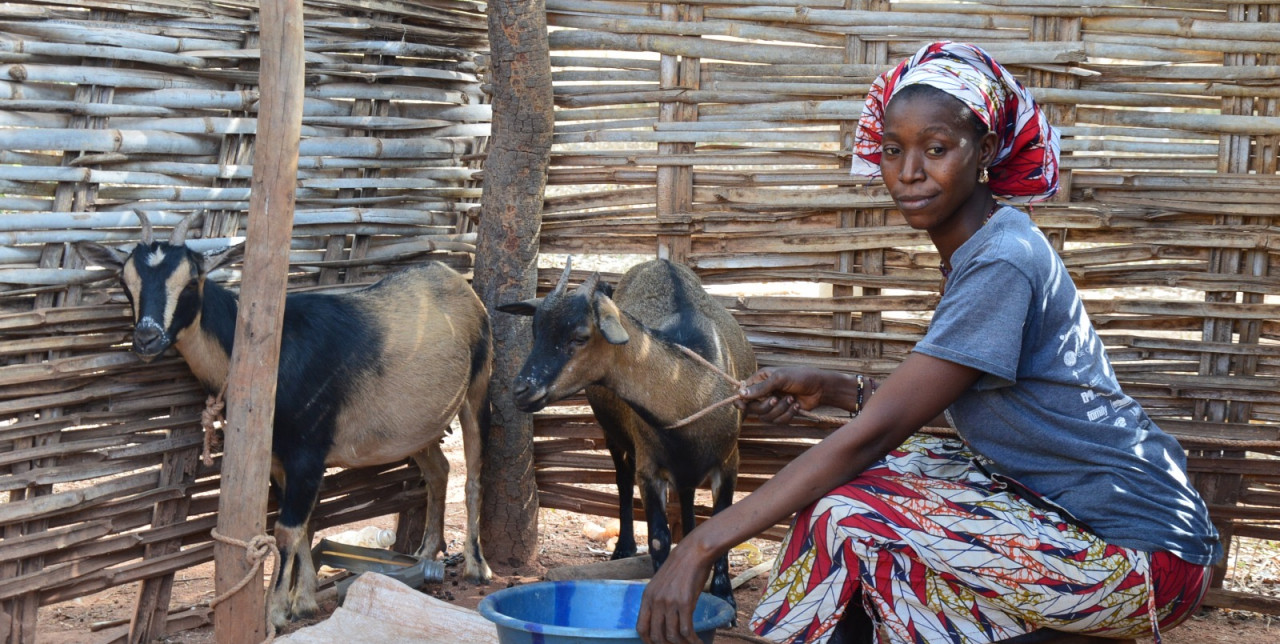27-07-2020 | di COOPI
COVID-19. COOPI launches an assessment on food security and livelihoods in nine vulnerable countries
COOPI – Cooperazione Internazionale launched an assessment to understand the effects of COVID-19 on food security in the communities where it operates, in order to design interventions that preserve livelihoods while contributing to the recovery of communities and to the long-term economic development.
The assessment consists of a country context analysis and a questionnaire. In the first part, in order to draw a general picture of the economic situation of each target country, COOPI is carrying out a desk research, based on the reports of OCHA (United Nations Office for Emergency Coordination), WFP (World Food Programme), FAO (Food and Agriculture Organization of the United Nations), ILO (International Labour Organization), the working groups of the Global Food Security Cluster COVID-19 and others.
In the second part, to investigate the situation of the target communities in terms of food consumption, food access and livelihoods, COOPI is submitting a questionnaire in nine countries, six of which are considered by the international community to be among the most at risk of economic collapse: Democratic Republic of the Congo, Niger, Mali, Nigeria, Ethiopia, Iraq, Bolivia, Ecuador, Guatemala. Over a period of 3 months, COOPI will administer the questionnaire by phone to 200-250 beneficiaries on average per country 3 times, in order to identify the situation prior to COVID, the current situation and the changes that have taken place over the period.
The sample is representative of the situation; therefore, in each country the assessment will focus on a homogeneous area in relation to socio-economic characteristics (urban, peri urban and rural ones).
The COVID-19 pandemic is directly affecting food systems, by impacting both food supply and demand: the reduction in the capacity to produce and distribute food, combined with a decrease in the consumer purchasing power, is compromising people's access to sufficient/diverse and nutritious food sources, especially in countries affected by the virus or already affected by high levels of food insecurity.
With the imposition of movement restrictions, smallholder farmers producing for export have lost access to global markets; the supply chains of agricultural inputs - such as seeds, fertilisers and insecticides - and of livestock are severely affected; access to agricultural land is restricted; the transport of goods to processing facilities and/or markets is impaired. As a result, production, harvesting capacity, access of informal workers to wages are reduced.
The consequences of the SARS Covid-19 pandemic are therefore not only measured in terms of morbidity and mortality, but also in terms of socio-economic resilience. The containment and social distancing measures taken to slow down the spread of the virus have caused a slowdown in production and a reduction in consumption. The lives and livelihoods of millions of people - especially those living in countries in humanitarian crisis - are (and will be) severely affected.
Governments and humanitarian actors all agree that over the next 12/18 months the socio-economic response will be one of the critical components of the COVID-19 response. To inform and tailor the actions to recover from the crisis and ensure that no one is left behind in this effort, it is essential to assess the impacts of the COVID-19 crisis on societies, economies, and vulnerable groups.
To know more:
- Summary of COOPI Assessment
- COOPI Assessment on food security and livelihood




 Bolivia
Bolivia